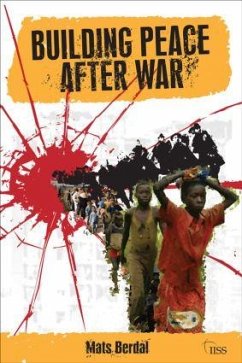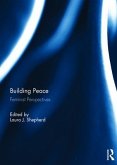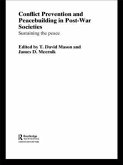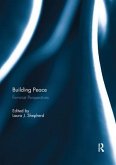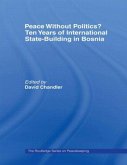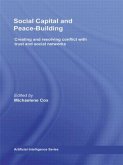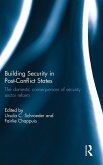The widespread practice of intervention by outside actors aimed at building 'sustainable peace' within societies ravaged by war has been a striking feature of the post-Cold War era. But, at a time when more peacekeepers are deployed around the world than at any other point in history, is the international will to intervene beginning to wane? And how capable are the systems that exist for planning and deploying 'peacebuilding' missions of fulfilling the increasingly complex tasks set for them? In Building Peace After War, Mats Berdal addresses these and other crucial questions, examining the record of interventions from Cambodia in the early 1990s to contemporary efforts in Afghanistan and the Democratic Republic of the Congo. The book analyses the nature of the modern peacebuilding environment, in particular the historical and psychological conditions that shape it, and addresses the key tasks faced by outside forces in the early and critical 'post-conflict' phase of an intervention. In doing so, it asks searching questions about the role of military force in support of peacebuilding, and the vital importance of legitimacy to any intervention. Berdal also looks critically at the ways in which governments and international organisations, particularly the UN, have responded to these many challenges. He highlights the pivotal role of politics in planning peacebuilding operations, and offers some sober reflections on the future prospects for post-conflict intervention.
Hinweis: Dieser Artikel kann nur an eine deutsche Lieferadresse ausgeliefert werden.
Hinweis: Dieser Artikel kann nur an eine deutsche Lieferadresse ausgeliefert werden.

